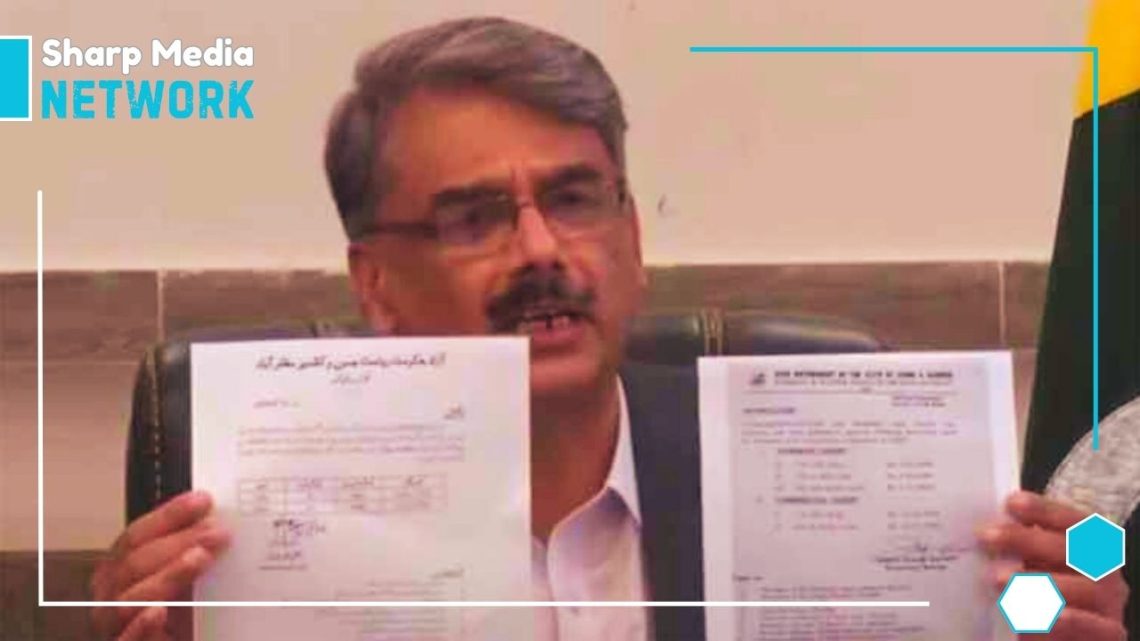
AJK Government’s Pragmatic Approach to Resolve Public Demands Through Dialogue
December 11, 2024The AJK government’s decision to repeal the controversial 2024 ordinance highlights its commitment to resolving public unrest through dialogue, compromise, and democratic principles, ensuring regional stability.
The Azad Jammu and Kashmir (AJK) government’s timely and magnanimous response has played a pivotal role in peacefully resolving the public unrest that stemmed from the Presidential Ordinance of 2024. On December 7, 2024, the government agreed to repeal the controversial ordinance, leading to the cessation of the Joint Action Committee’s (JAAC) street protests, and the withdrawal of their planned long march in January 2025. The resolution came after agreeing to a phased implementation of the 17-point Charter of Demands (CoD) put forward by the JKJAAC.
Key highlights of the agreement included a commitment to drop all charges against activists within a span of 7 to 90 days, with a six-month dialogue to address the full CoD without any further changes. Among the demands accepted were:
– The immediate repeal of the Presidential Ordinance.
– Release of detainees and restoration of civil servants like Soheb Arif within seven days.
– Electricity tariffs to be revised, including a new payment structure for residential and commercial users.
– Compensation for those injured during protests.
– Provision of improved flour quality and increased allocation for local governments.
These measures signify a strategic move by the AJK government to address public grievances while maintaining law and order, emphasizing dialogue and compromise over confrontation. By acknowledging the demands, the government demonstrated a commitment to democratic principles, giving priority to public peace and stability.
Despite the opposition’s stance, the AJK government stood firm on the need for peace and public order. The Peaceful Assembly and Public Order Ordinance of 2024 was viewed by the government as an attempt to balance freedom of expression with maintaining social harmony, though critics argue it infringed on fundamental rights. Nevertheless, the government’s actions reflect its broader commitment to resolving conflicts through democratic channels rather than through force.
This peaceful resolution underscores the AJK government’s understanding of the complex balance between governance and public sentiment. By agreeing to negotiate on critical demands and adhering to a democratic approach, the government has set a precedent for conflict resolution in the region. However, ongoing political challenges remain, with calls for accountability and transparency continuing to shape the future of AJK’s political environment.

